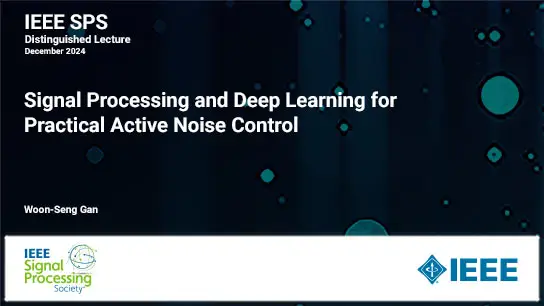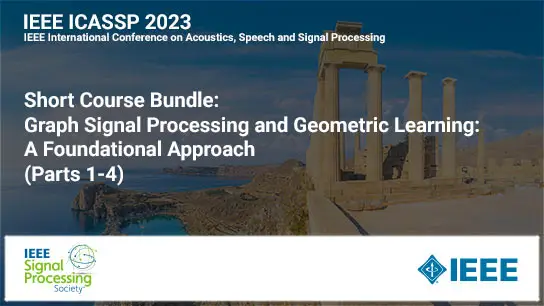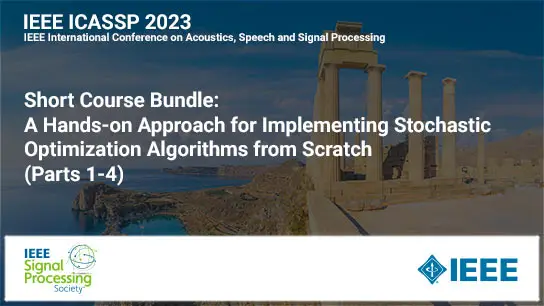PRELIMINARY RESULTS ON THE GENERATION OF ARTIFICIAL HANDWRITING DATA USING A DECOMPOSITION-RECOMBINATION STRATEGY
José Fernando Adrán Otero, Oscar Solans Caballer, Pere Marti-Puig, Jordi Solé-Casals, Zhe Sun, Toshihisa Tanaka
-
Members: FreeSPS
IEEE Members: $11.00
Non-members: $15.00Length: 00:15:33
Deep learning techniques are able to extract the characteristics of temporal signals to study their patterns and diagnose diseases such as essential tremor. However, these techniques require a large amount of data to train the neural network and achieve good results, and the more data the network has, the more accurate the final model implemented. In this work we propose the use of data augmentation techniques to improve the accuracy of a Long short-term memory system in the diagnosis of essential tremor. For this purpose, the Empirical Modal Decomposition method will be used to decompose the original temporal signals collected from control subjects and patients with essential tremor. The time series obtained from the decomposition, covering different frequency ranges, will be randomly shuffled and combined to generate new artificial samples for each group. Then, both the generated artificial samples and part of the real samples will be used to train the LSTM network, and the remaining original samples will be used to test the model. Experimental results demonstrate the capability of the proposed method, increasing the accuracy of the classifier from 83.2% to almost 93% when artificial samples are used.



